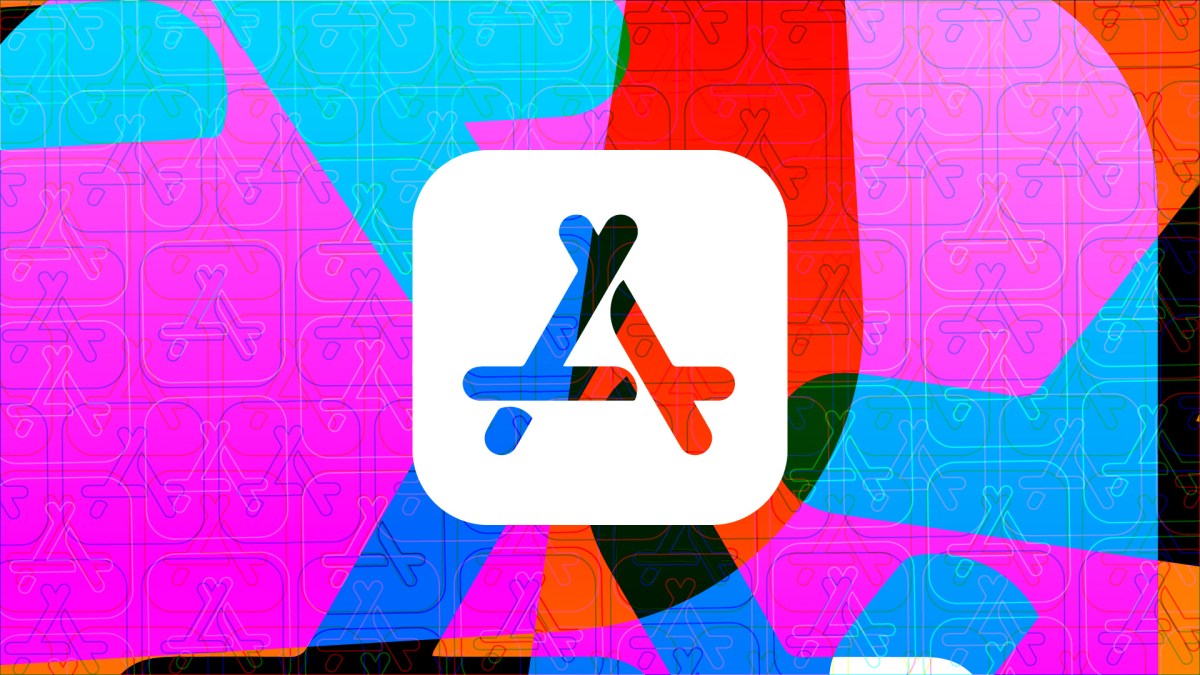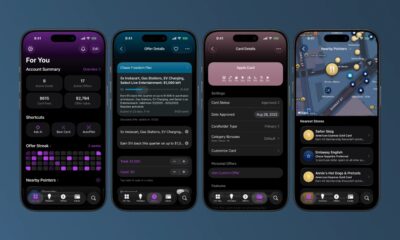Technology
Apple Launches Mini Apps Partner Program with 15% Commission Rate

On March 15, 2024, Apple unveiled its new Mini Apps Partner Program, which will implement a significantly reduced commission rate of 15% on in-app purchases for mini applications. This innovative initiative aims to encourage developers to create and monetize mini apps within larger native applications, marking a notable shift in Apple’s approach to app revenue sharing.
Apple defines a mini app as a “self-contained” experience built using web technologies such as HTML5 and JavaScript. These mini apps have been supported on the App Store for nearly a decade, yet this is the first time Apple has offered a lower commission specifically for these transactions. The introduction of the program demonstrates Apple’s commitment to adapting to evolving market conditions while maintaining its revenue model.
The company has established specific eligibility criteria for developers wishing to participate in the Mini Apps Partner Program. To qualify, the main app must be available on iOS or iPadOS and hosted on the App Store. Developers must also adhere to the existing App Review Guidelines and the Apple Developer Program License Agreement. Additionally, the program introduces new requirements for apps, including support for Apple’s Advanced Commerce API and Declared Age Rating API. These measures ensure that apps provide age-appropriate content and comply with Apple’s in-app purchase system.
The launch of this program is strategically designed to empower developers hosting mini apps, allowing them to grow their businesses on the App Store. By offering a reduced commission, Apple incentivizes developers to utilize its technologies and trust and safety tools. This financial reprieve could enable developers to reinvest in their mini apps, enhancing the overall user experience.
Apple aims to retain its commission structure even as the market landscape evolves. Currently, various native iOS applications incorporate mini apps, including messaging platforms like LINE and WeChat, as well as gaming services such as Discord. The recent entry of AI providers into the mini app space, especially with the launch of mini apps within ChatGPT, raises intriguing possibilities for the future of app engagement. Users can now interact with platforms like Booking.com, Spotify, Figma, Coursera, Zillow, and Canva directly through ChatGPT, potentially challenging the traditional App Store business model.
According to reports, Apple and Tencent have agreed to apply the 15% commission rate to mini apps within WeChat, though it remains unclear if this program will extend to other developers. Interested developers can request to join the Mini Apps Partner Program by providing information about their host app and mini app, as well as agreeing to the program’s terms and conditions. Once their app is finalized, they must submit it for review, adhering to Apple’s standards for software and metadata included in the submission.
In-app purchases made through mini apps qualify for the reduced commission if they pertain to digital goods and services, encompassing consumable and non-consumable items, as well as both auto-renewable and non-renewing subscriptions. This initiative by Apple represents a significant development in the app ecosystem, reinforcing the company’s adaptability while ensuring it remains a vital player in the app marketplace.
-

 Science2 weeks ago
Science2 weeks agoNostradamus’ 2026 Predictions: Star Death and Dark Events Loom
-

 Technology1 month ago
Technology1 month agoOpenAI to Implement Age Verification for ChatGPT by December 2025
-

 Technology6 months ago
Technology6 months agoDiscover the Top 10 Calorie Counting Apps of 2025
-

 Health4 months ago
Health4 months agoBella Hadid Shares Health Update After Treatment for Lyme Disease
-

 Health4 months ago
Health4 months agoAnalysts Project Stronger Growth for Apple’s iPhone 17 Lineup
-

 Health4 months ago
Health4 months agoErin Bates Shares Recovery Update Following Sepsis Complications
-

 Technology4 months ago
Technology4 months agoElectric Moto Influencer Surronster Arrested in Tijuana
-

 Technology5 months ago
Technology5 months agoDiscover How to Reverse Image Search Using ChatGPT Effortlessly
-

 Technology6 months ago
Technology6 months agoMeta Initiates $60B AI Data Center Expansion, Starting in Ohio
-

 Technology6 months ago
Technology6 months agoRecovering a Suspended TikTok Account: A Step-by-Step Guide
-

 Education4 months ago
Education4 months agoHarvard Secures Court Victory Over Federal Funding Cuts
-

 Technology2 months ago
Technology2 months agoDiscover 2025’s Top GPUs for Exceptional 4K Gaming Performance





















